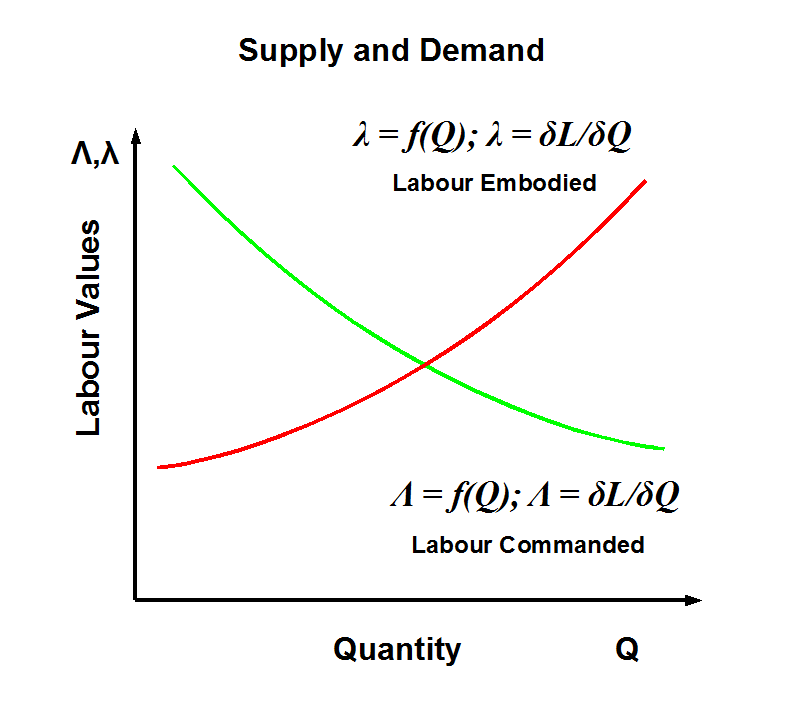Have not written much lately -- just have not been riled enough. I am not sure what accounts for that.
Could be that I became a grandfather and my thoughts are on that. Could be that we have a new "acting" dean who is pretty direct so, for the most part you know what he is thinking. This would be in comparison to the old dean who seemed to get the vapors if he had to say something that would be controversial or offend one of the "yes" people.
It could be that I have been doing my best to avoid gossip. In fact, I have imposed an embargo on my best pal on the faculty from telling me anything that two blabber mouths who are often wildly inaccurate and mischievous have to say no matter what and for all time.
And, there is a pretty reliable source saying that the world's least rational and most single-personality-driven foreign program is kaput.
But my rile came back a bit lately. Partly it is the result of an empirical study that shows that citation in law reviews is largely correlated with the status of the school you attended. Yes, the elites prefer to cite the elites. My hunch -- actually far more than a hunch since I have been told this by law review editors -- is that articles by elites are more likely to be read in a timely way and accepted. Why? because top reviews perpetuate the elitist system in legal education.
And then there is this piece from the New York Times. discussing the failure of elite colleges to make much if any progress in admitting those who are not privileged. You should read it but this quote from the article captures most of it, "But critics contend that on the whole, elite colleges are too worried about harming their finances and ranking to match their rhetoric about wanting economic diversity with with action." Is there really any surprise here? Why would there be? When was the last time your hiring committee was even willing to break bread with a stellar state school grade as opposed to bottom of the top third at an Ivy.
Of course they don't because it would be an admission that they are not so special. Plus, little Nancy or Trevor may be in the market for a law teaching job some day and it's better for them if the system stays as rigged as a clipper ship.
Yep, the privileged are not giving it up until it is ripped from their greedy little paws or it is torn down. I'm up for either one.

